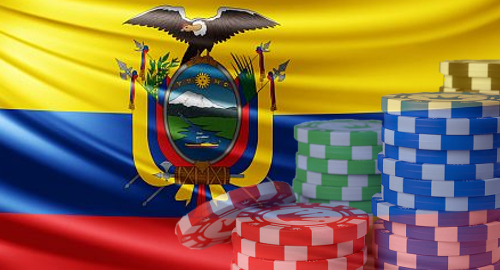 Ecuador could witness the return of its shuttered casino industry if a local advocacy group’s economic arguments can win the public relations war.
Ecuador could witness the return of its shuttered casino industry if a local advocacy group’s economic arguments can win the public relations war.
In 2012, the last of Ecuador’s licensed casinos and bingo halls shut their doors, following a 2011 referendum that empowered President Rafael Correa to eliminate the nation’s land-based gaming industry. Illegal gaming halls were ordered to immediately close in September 2011 and the last of the 32 legal venues followed six months later.
But hope dies eternal, and this week saw a push to reopen those shuttered gaming venues by a new group calling itself the Association of Former Casinos Workers of Ecuador (ETCE). Led by Mauricio Villacís, ETCE has submitted proposals to several government departments in the hope that the issue will gain some traction in the halls of power.
The government justified its gambling crackdown by dwelling on the “social problems” gambling can cause while Villacís is focusing on the economic gains gambling can produce. Local media quoted Villacís arguing that legalizing casinos, bingo halls and sports betting operations – both land-based and online – could produce over 20k new jobs, bring $400m in new investment and hundreds more millions in gambling taxes.
Villacís notes that the gamblers among Ecuador’s 17m residents didn’t stop gambling following the 2012 shutdown, they simply exported their activity – along with their money – to neighboring Peru and Colombia. Villacís claims that Ecuadorian nationals account for 15% of these markets’ gambling revenue, a sum Villacís estimates at around $45m, “and that’s not counting online gambling.”
ECTE’s arguments may have already swayed Jorge Yunda, the mayor of Ecuador’s capital Quito, who this week mentioned the possibility of conducting a new referendum to gauge whether city residents’ views have changed toward casinos since 2011. ECTE claims to have made similar inroads with elected officials in other major Ecuadorian cities.
Barring that route, ECTE hopes to convince the national government to repeal article 236 of the penal code that prohibits gambling operations and threatens operators with prison sentences of up to five years.